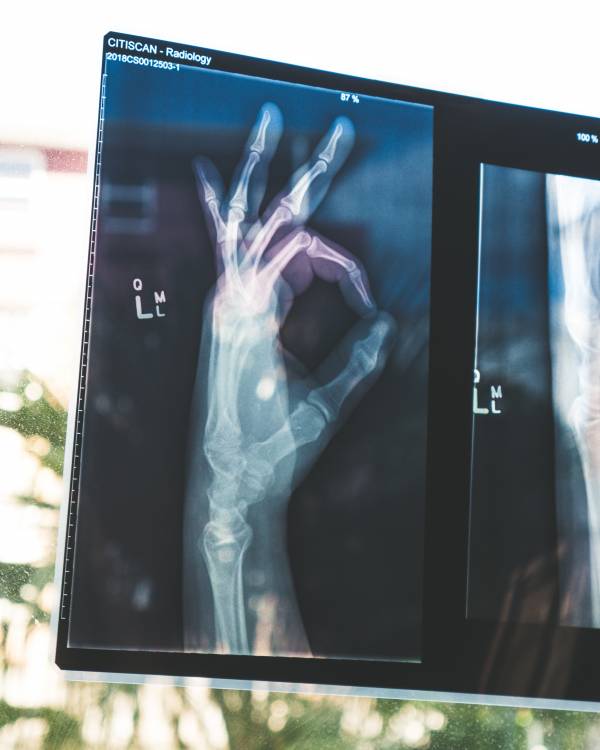Prescription-Only Video Games
In 2020, the EndeavorRx video game became the first video game to treat certain medical conditions. The game was originally developed to help patients suffering from ADHD (Attention Deficit Hyperactivity Disorder), but has also proven to be helpful for people with Lupus, too!

Doctorless Exams
You might already have a smartwatch that is able to calculate your heart rate. But, the world of healthcare is taking this a step further with personal ECG devices! These devices feed back information to a patient’s phone taking much less time than usual.
There are also apps to help diagnose skin cancer. These apps upload an image of your mole, and then runs your image through its database. From here, it uses its machine-learning capabilities to check for signs of cancer.

VR-trained Surgeons
VR (Virtual Reality), is helping train surgeons to experience surgery in real-time. By using augmented reality setups that are incredibly similar to real surgery, they can safely test their skills across many procedures. For instance, it is currently possible for a wide range of surgeries, from knee replacements to ligament reconstructions.

At-Home Lab Tests
Currently, we would have to go to the doctors to get tested for certain health conditions, and even then, we might have to wait for our doctor to share these results with us. However, there are devices in the works, such as smart toilets, which can check for multiple signs of illness, such as blood, infection and dehydration! Even better, these toilets contain fingerprint sensors on the flush, so that they can pair the data with the right person, and share the results on their phone.

Remote Monitoring
When we age, we would all like to stay in our own homes for as long as possible, as opposed to hospitals and care homes. To tackle this, healthcare companies are developing several devices to tackle issues such as asthma and diabetes in a patient’s home, being able to act quickly when there is an issue flagged up on the devices and allowing the patient more freedom.






